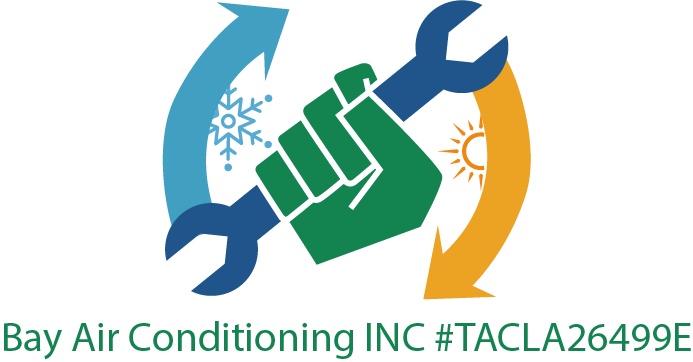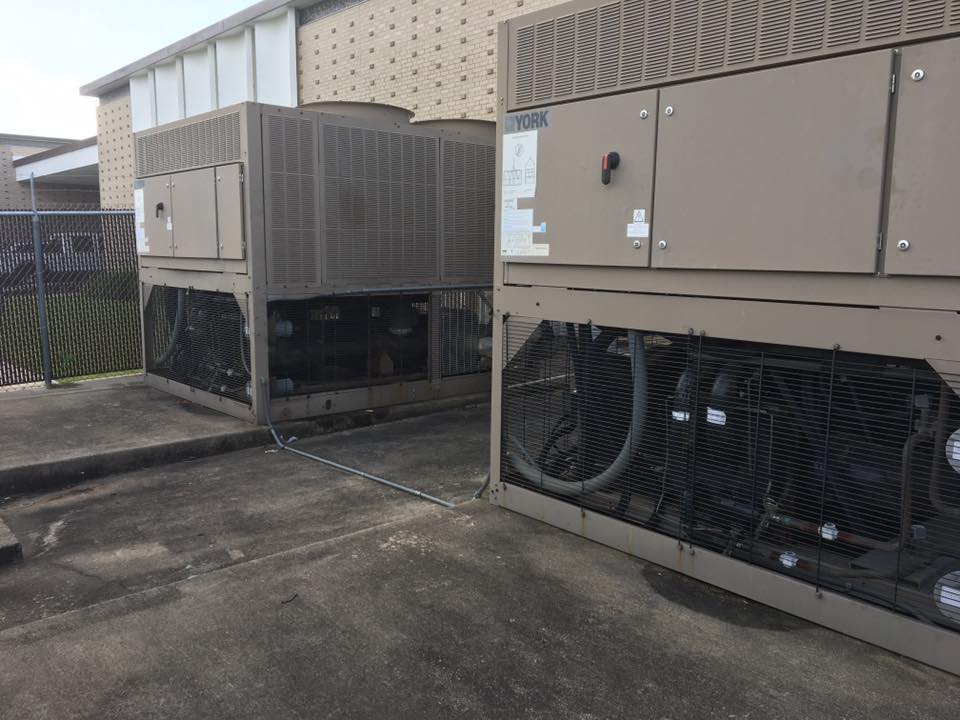5 Signs Your Heat Pump Needs Repair
Heat pumps are versatile and energy-efficient systems designed to provide both heating and cooling for your home. However, like any mechanical system, they can encounter problems that require repair. Identifying these issues early can help you avoid more significant, costly repairs or replacements. In this comprehensive guide, we’ll explore five common signs that your heat pump might need repair, helping you address issues before they escalate.
1. Unusual Noises
A heat pump is designed to operate quietly, so unusual noises can indicate issues. Buzzing or hissing often suggests problems with the refrigerant lines, such as leaks or low refrigerant levels. Grinding noises typically signal mechanical issues with motor bearings or the blower fan, which should be addressed promptly to avoid damage. Clanging or rattling usually means loose or damaged components, such as screws or fan blades. If you hear any of these noises, it’s important to have a professional inspect your heat pump to prevent further damage and costly repairs.
2. Inconsistent Temperature
Inconsistent temperatures in your home might indicate heat pump issues. Common causes include dirty air filters, a malfunctioning thermostat, low refrigerant levels, or blocked ducts. Regularly clean filters, check the thermostat, and address refrigerant problems with professional help. Ensure ducts are clear and consider improving insulation. Proper system balancing can also resolve temperature inconsistencies.
3. Poor Airflow
Weak or insufficient airflow from vents can signal issues with your heat pump. Common causes include dirty air filters, a malfunctioning blower motor, or ductwork problems like leaks or blockages. Regularly clean or replace filters, check and repair the blower motor, and inspect ductwork to ensure proper airflow. Also, make sure vents are open and unobstructed.
4. High Energy Bills
A sudden rise in energy bills may indicate an inefficient heat pump. Common causes include dirty filters, which force the system to work harder, and low refrigerant levels, which make the heat pump run longer. Regularly clean or replace filters and address refrigerant leaks to improve efficiency. Older systems might also need upgrading. Frequent cycling, where the heat pump turns on and off repeatedly, can increase costs and may result from thermostat issues, incorrect sizing, or dirty filters. Ensuring your system is properly sized and addressing short-cycling can help reduce energy bills.
5. Water Leaks
Water leaks around your heat pump, especially near the indoor unit, can be a sign of a problem. One possible cause is a clogged condensate drain. The condensate drain removes moisture from the system, and if it becomes clogged, water can leak from the unit. Regularly checking and cleaning the drain can prevent leaks.
Another potential issue is a faulty drain pan. The drain pan collects excess moisture, and if it is damaged or cracked, it can lead to water leaks. Inspecting and repairing the drain pan can help prevent leaks.
Excessive humidity in your home can also be a sign of trouble. If your heat pump is not functioning correctly, it may struggle to dehumidify the air, leading to higher indoor humidity levels. Ensuring that your system is properly maintained can help improve dehumidification. Additionally, problems with the condensate drainage system can result in excess moisture and humidity. Addressing condensate issues promptly can help prevent water damage and maintain indoor comfort.
When to Seek Professional Help
If you notice any of the signs mentioned above, it’s essential to consult a professional HVAC technician. A qualified technician can accurately diagnose the cause of the problem and recommend appropriate solutions. They can conduct necessary repairs to restore the heat pump’s functionality and provide routine maintenance to prevent future issues and ensure optimal performance.
Choosing a Reliable Technician
When selecting a technician, consider their experience and qualifications. Look for technicians with relevant certifications and experience to ensure they have the knowledge and skills needed to address your heat pump issues effectively. Additionally, check customer reviews and ask for recommendations from friends or family. Positive feedback and referrals can help you find a reputable technician.
Conclusion
Recognizing the signs that your heat pump needs repair can help you address issues promptly and avoid more significant problems. By staying vigilant and taking action when you notice unusual noises, inconsistent temperatures, poor airflow, high energy bills, or water leaks, you can ensure that your heat pump continues to operate efficiently and effectively. Regular maintenance and timely repairs can help extend the lifespan of your heat pump and maintain comfort in your home. If you encounter any of these signs, don’t hesitate to seek professional help to keep your heat pump in top condition.

